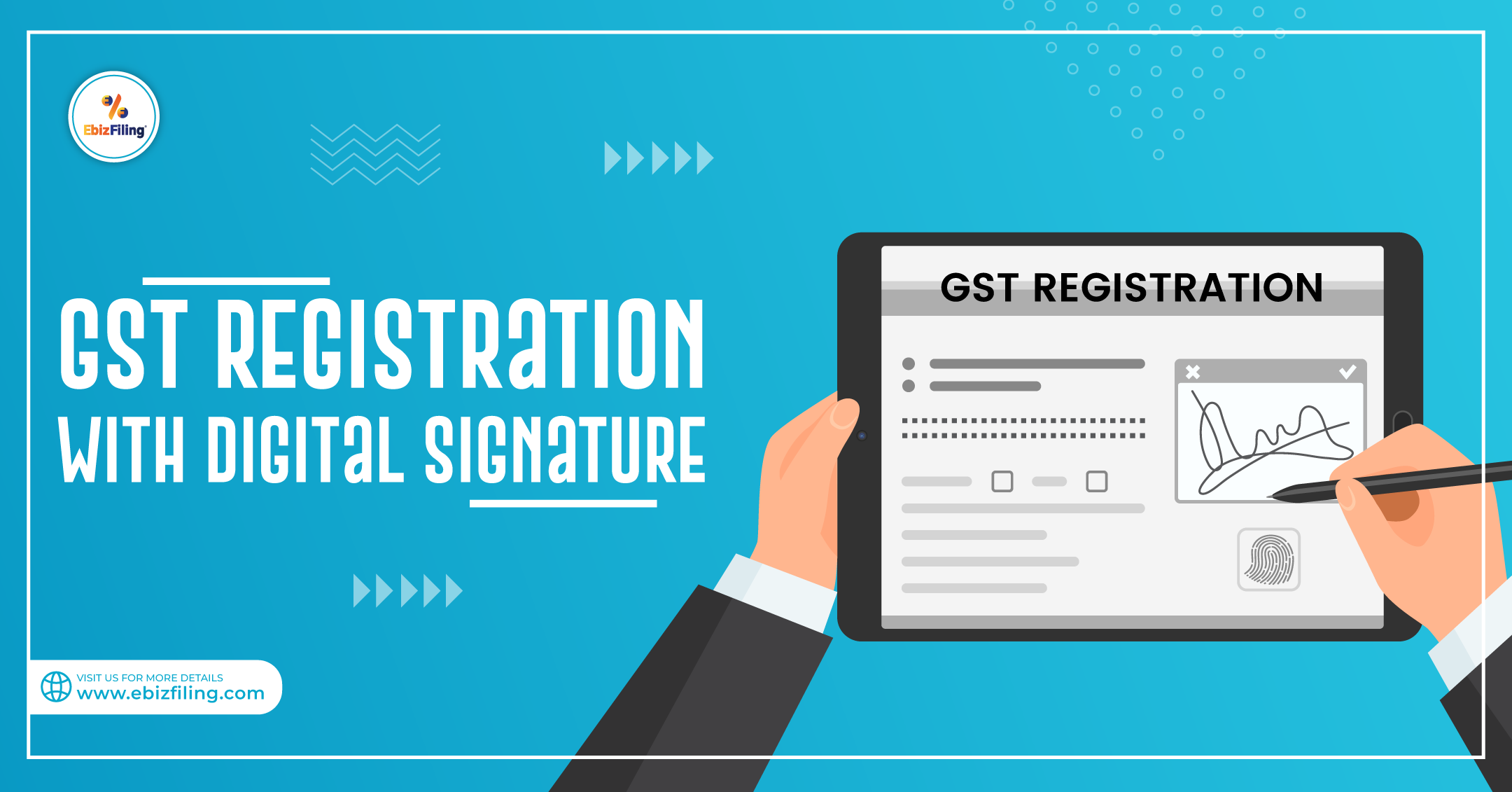Crucial Guide to Singapore GST Registration for New Companies
Crucial Guide to Singapore GST Registration for New Companies
Blog Article
The Ultimate Guide to Streamlining the GST Registration Process and Demands for Small Company Owners

Recognizing GST Essentials
To comprehend the principles of the Product and Provider Tax Obligation (GST) system, tiny service owners have to initially comprehend its underlying concepts and effects. Under the GST routine, companies are needed to register and accumulate tax obligation on behalf of the federal government, ensuring transparency and conformity.
One of the crucial principles of GST is input tax obligation credit score, which allows businesses to assert credit for taxes paid on their acquisitions. This device stops the cascading result of taxes and advertises efficiency in the tax obligation system. Furthermore, GST is a destination-based tax, indicating that the tax obligation is levied at the factor of usage as opposed to the factor of origin. This guarantees fair circulation of tax obligation revenue amongst states based on where the solutions or items are eaten. Understanding these fundamental principles is essential for small company owners to browse the complexities of the GST system and make certain conformity with the regulation.
Qualification Standards for Registration
Having actually developed a foundational understanding of GST concepts, local business owners need to currently satisfy details qualification standards to wage the enrollment procedure. In India, entities participated in the supply of items or solutions with a yearly aggregate turnover exceeding Rs. 40 lakhs (Rs. 10 lakhs for unique classification states) are needed to register for GST. In addition, specific organizations such as those associated with inter-state supply of items, informal taxable persons, and those needed to pay tax under the reverse charge mechanism should register for GST regardless of their turnover. Moreover, services that were signed up under the previous tax obligation regimen (VAT, solution tax, and so on) are also mandated to register under GST. However, farming services that only provide create out of key production are exempt from GST registration. It is essential for company owner to thoroughly analyze their qualification based upon these criteria to make sure compliance with the regulation and stay clear of any kind of charges for non-compliance.
Files Required for GST Enrollment

Simplified Enrollment Refine Actions
Complying with the collection and confirmation of the requisite documents, the enrollment process for GST can be browsed via a series of simplified steps designed to facilitate efficient compliance for small company proprietors. The very first step includes visiting the GST site and selecting the 'New Registration' option. Ultimately, the candidate should complete Part A of the GST REG-01 kind with information such as frying pan, mobile number, and e-mail address to obtain an OTP for verification. As soon as the OTP is gotten and gotten in, a Temporary Reference Number (TRN) is produced for further procedures. The following step requires filling in Component B of the type with needed service details, uploading his response sustaining records, and completing the verification process using DSC or EVC. Upon successful confirmation, an Application Reference Number (ARN) is issued, suggesting the conclusion of the GST registration procedure. By complying with navigate to these guys these streamlined steps, local business proprietors can efficiently register for GST and make sure compliance with tax laws.
Tips for Ensuring Compliance
To preserve regulative adherence and operational integrity, diligent oversight and aggressive steps are critical in guaranteeing conformity with GST requirements for small company owners. Little organization proprietors need to stay updated with GST regulations, filing due dates, and any kind of changes in tax prices to stay clear of penalties and keep an excellent standing with tax obligation authorities. Attending GST awareness workshops or training programs can improve understanding and compliance with GST guidelines, eventually profiting the company in the lengthy run.
Conclusion
Finally, small company proprietors have to understand the basics of GST, fulfill the qualification requirements, collect needed papers, and follow the simplified enrollment process actions to guarantee conformity. By streamlining the GST enrollment process and demands, small company proprietors can stay clear of fines and operate their services efficiently within the lawful framework - Singapore GST Registration. It is important for small company owners to remain informed and certified with GST why not try here policies to keep an effective service operation
Tiny service owners looking for GST enrollment need to guarantee they collect and submit the required documents to complete the registration process effectively. The records needed for GST enrollment normally consist of proof of organization registration or incorporation, PAN (Permanent Account Number) card of the company identification, address and entity proof of the promoters/partners/directors, photos, address evidence of the area of service, financial institution account statements or terminated cheques, and permission forms. Participating in GST awareness workshops or training programs can improve understanding and conformity with GST laws, ultimately profiting the company in the lengthy run.
By streamlining the GST registration procedure and demands, little business proprietors can prevent fines and run their companies efficiently within the lawful structure. It is vital for little business proprietors to remain certified and educated with GST regulations to keep a successful organization operation.
Report this page